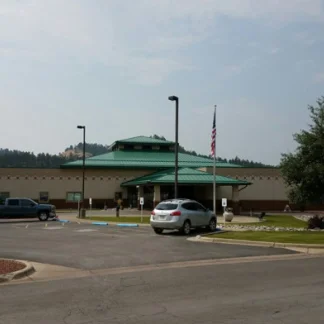Northern Cheyenne Recovery Center
Lame Deer, Montana, 100 Eagle Feather street, 59043
Available Programs
- Adult program
- Elderly program
- Military program
- Program for men
- Program for women
About this Facility
Northern Cheyenne Recovery Center is a public rehab located in Lame Deer, Montana. Northern Cheyenne Recovery Center specializes in the treatment of alcoholism, drug addiction, mental health and substance abuse, and opioid addiction.
Contact us for more information: (406) 477-4924

Contact Northern Cheyenne Recovery Center
Connect with Northern Cheyenne Recovery Center by calling their admissions team directly.
(406) 477-4924 Website Get Directions